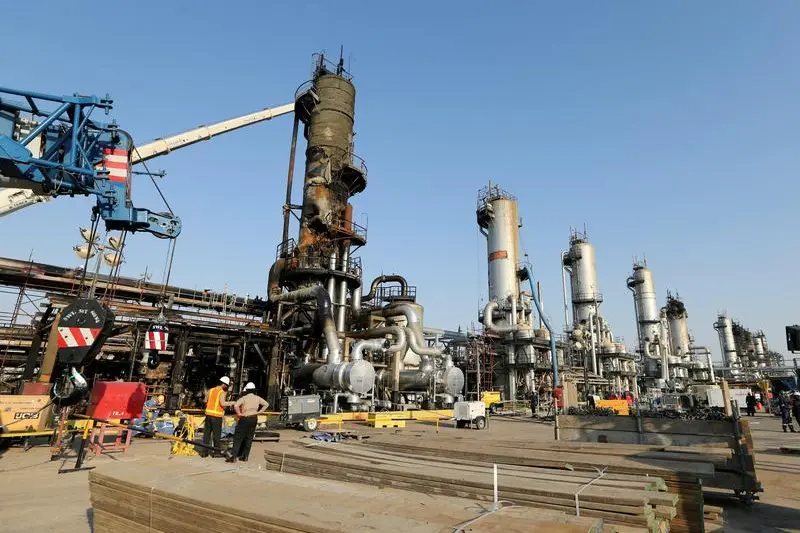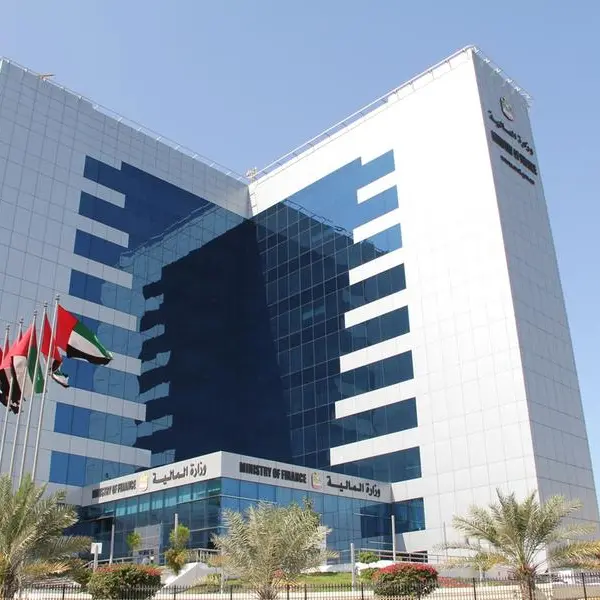PHOTO
S&P Global Ratings affirmed its ‘A-/A-2’ long and short-term sovereign credit ratings on Saudi Arabia with a stable outlook. The ratings agency said that the stable outlook reflects its expectations that the Kingdom’s oil production will rebound quickly.
The ‘A-/A-2’ is supported by Saudi Arabia’s strong external and fiscal net asset stock positions, S&P said.
“The stable outlook also reflects our view that Saudi Arabia will maintain a pace of moderate economic growth and retain strong government and external balance sheets (net asset-stock positions) over the next two years, despite sizable fiscal deficits and heightened regional tensions,” S&P said.
Earlier in September, attacks on Aramco facilities in Abqaiq and Khurais cut the company's crude oil supply by around 5.7 million barrels per day or about 50 percent of its output.
Saudi Arabian energy minister Prince Abdulaziz bin Salman said that the attacks on the kingdom's oil facilities have partially halted crude and gas production from the world's top oil exporter.
Reuters reported last week that Saudi Aramco has restored oil output earlier than expected.
“We could raise the ratings if Saudi Arabia's economic growth prospects improve beyond our current expectations, for example, as a result of a sustained and significant pick-up in oil prices and volume demand, possibly tied to the end of U.S.-China trade tensions and a rebound of the global economy,” S&P said.
“We could also raise the rating should authorities improve the transparency of accounting for general government assets,” it added.
The ratings are constrained by high geopolitical risks, sizable fiscal deficits, and the limited transparency of Saudi Arabia’s institutional framework and the reporting of government assets.
“We could lower our ratings if we observed a sustained rise in geopolitical or domestic political instability that posed a significant and continued threat to the oil sector, or if we observed fiscal weakening beyond our expectations, or a sharp deterioration in the sovereign's external position,” the ratings agency said.
“An unexpected materialization of contingent liabilities could also place additional pressure on the ratings,” the rating firm noted.
(Writing by Gerard Aoun, editing by Seban Scaria)
Our Standards: The Thomson Reuters Trust Principles
Disclaimer: This article is provided for informational purposes only. The content does not provide tax, legal or investment advice or opinion regarding the suitability, value or profitability of any particular security, portfolio or investment strategy. Read our full disclaimer policy here.
© ZAWYA 2019




















